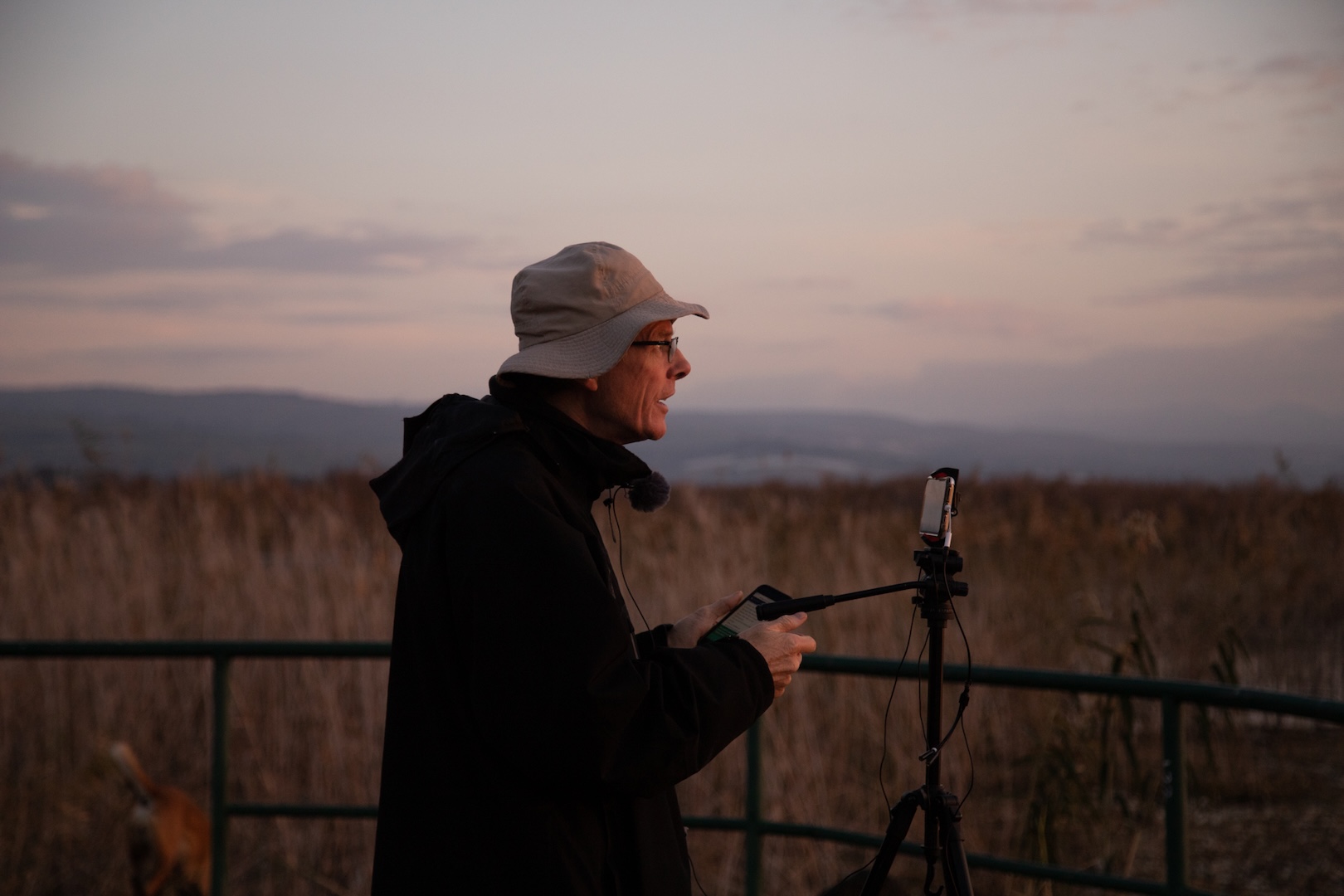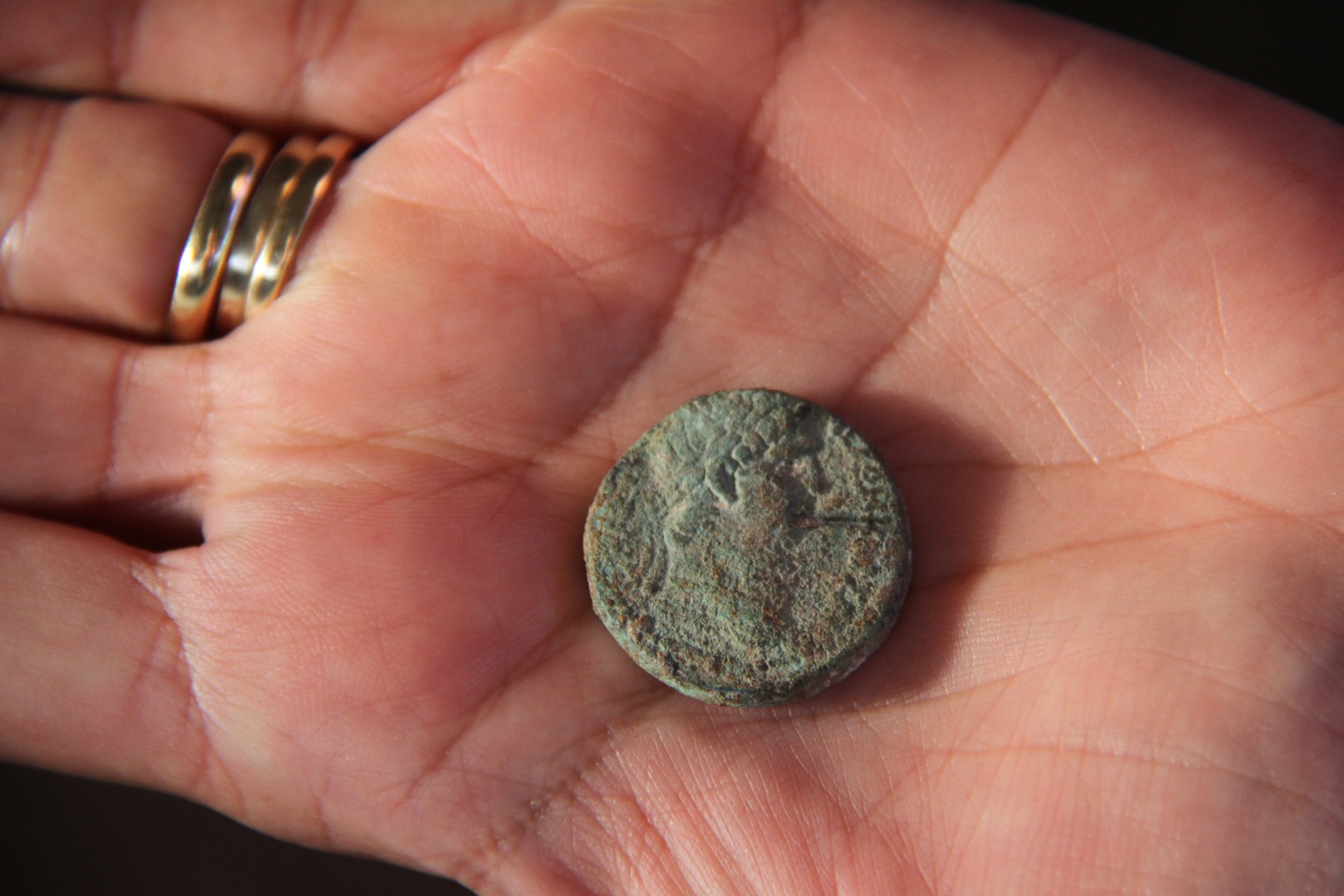No written document mentions when Magdala was founded. However, archeologists have concluded that the city was established somewhere in the second half of the 2nd century B.C. In those days, the successors of the Maccabees reigned in the region.
Antiochus Epiphanes, King of Syria (which at the time included the territory of Israel), attempted to destroy Moses’ religion, forcing Jews to worship Pagan deities. However, the King had to face the resistance of many martyrs and bold warriors. The Book of Maccabees speaks of a massacre that the Syrian forces performed in the territory of the Arbel (see 1 Macc 9:2). In this war against the godless Syrian King, a man named, Judas, also nicknamed “The Maccabean”, played an essential role. In 164 B.C. Judas and his brothers expelled the Syrian rulers and took over the rule of the country.
This was the origin of the Maccabean or Hasmonean dynasty. The Maccabean leaders undertook the task of restoring the great Israel of the Davidic times, and they started by expanding the borders of the country. Thus, in the middle of the 2nd century B.C., they conquered the Galilee and started establishing Jewish towns. Among them, Magdala, which was founded at the feet of Mt. Arbel. Around the harbor of the town, a prosperous fish salting industry flourished (the Greek name for this industry is tarichaea), to the point that the city would be known around the world as “Tarichaea.” Additionally, in the port of the city, there was a noteworthy tower (in Aramaic, “magdala”, Hebrew, “migdal”); therefore, the Jews would call their city “Magdala (Tower) of the Fish.”
Discover more articles from this category







